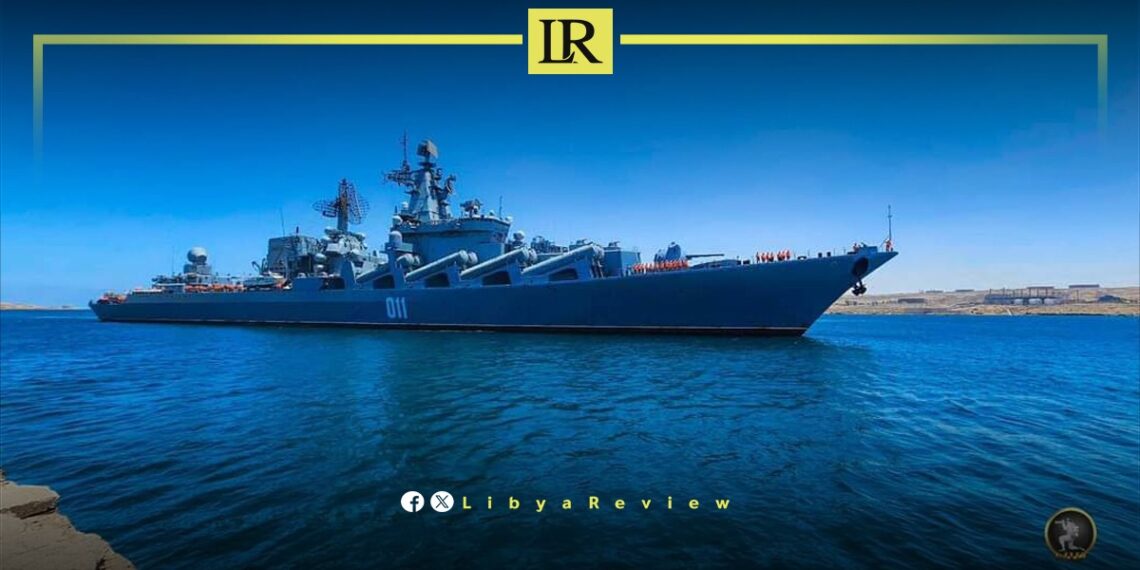On Saturday, the US State Department raised serious concerns over recent reports that Russian naval vessels have been unloading military equipment in Libya.
State Department spokesperson Matthew Miller, in an interview with Alhurra TV on Saturday, highlighted that this development comes five years after Russian mercenaries first began operating in Libya.
Miller pointed out that approximately 1,800 Kremlin-backed personnel are currently in Libya, underlining Moscow’s intent to deepen its influence in the country.
Miller reiterated the US’s commitment to respecting Libya’s sovereignty and supporting the UN-facilitated dialogue to unify the country through political means. He stressed that lasting stability in Libya can only be achieved through political solutions, not military interventions.
On June 18, the General Command of the Libyan National Army (LNA) announced the arrival of two Russian warships at the Tobruk naval base for a “working visit.”
The ships, the cruiser “Varyag” and the frigate “Admiral Shaposhnikov,” are intended to enhance cooperation and coordination between the Libyan and Russian navies. This visit aims to improve training, maintenance, technical and logistical support, and maritime security expertise.
Libya has been a focal point of international conflict and intervention since the 2011 NATO-backed uprising that ousted longtime leader Muammar Gaddafi. The country has since been divided between rival administrations in the east and west, each supported by different foreign powers.
Last week, the Russian Ambassador to Libya, Aydar Aganin, emphasised that elections are the only way to establish legitimate institutions that will lead Libya toward future development and prosperity.
He acknowledged the difficult situation in Libya, noting that the political division is painful for Russia given their historical ties. Aganin called on Libyan parties to genuinely work towards ending the division and unifying the country and its institutions.
In remarks to Al-Jazeera news, Aganin stressed the importance of forming sovereign institutions and granting them legitimacy through the ballot box. He expressed Russia’s desire to see Libya as a unified, secure, and prosperous state, highlighting that Russia maintains contact with all parties and excludes no one.
The ambassador mentioned that Russia is present in Tripoli and collaborates with the Government of National Unity (GNU). He also noted that there have been numerous visits from western Libya to Russia.


